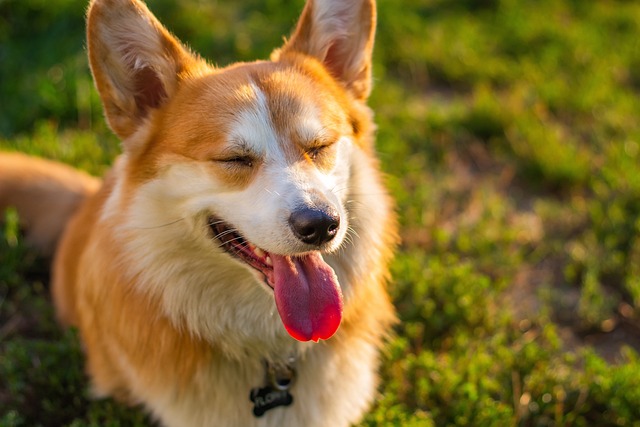
How do i train my dog to be obedient?
Watching your dog dart across the park ignoring your calls isn’t just frustrating—it can put them at risk near busy streets or public spaces.
Corgis are smart little pups with big personalities—but their stubborn streak can make potty training feel like a challenge. The key is to work with their energy, not against it. Start by sticking to a strict schedule: take your corgi out first thing in the morning, right after meals, naps, and playtime (those zoomies around the living room usually mean they need to go next). In busy cities like Boston, where many corgi owners walk their dogs in shared parks, picking a consistent spot—like a specific tree or patch of grass—helps them associate that area with “potty time.”
Positive reinforcement is non-negotiable with corgis, who thrive on praise and treats. The second they urinate or defecate properly in the right spot, reward them with a tiny, high-value treat (think freeze-dried chicken) and excited cheers—they’ll quickly link good behavior to good things. Avoid scolding if they have an accident; corgis are sensitive, and yelling will only make them scared to go in front of you. In Berlin, local dog trainers often recommend using a clicker to mark the exact moment they go, which makes the connection even clearer for these quick learners.
 Local laws add an important layer to proper potty training—ignoring them can lead to fines. In London, failing to clean up after your corgi (even if they went in a designated spot) can cost up to £1,000, so always carry biodegradable poop bags. Many US states, like Oregon, require dogs to be leashed in public areas, so your corgi’s potty walks should stay on a short leash to keep them focused (no letting them wander off to sniff instead of going). If you live in an apartment, check if your building allows puppy pads for young corgis—some complexes have rules about indoor potty solutions.
Local laws add an important layer to proper potty training—ignoring them can lead to fines. In London, failing to clean up after your corgi (even if they went in a designated spot) can cost up to £1,000, so always carry biodegradable poop bags. Many US states, like Oregon, require dogs to be leashed in public areas, so your corgi’s potty walks should stay on a short leash to keep them focused (no letting them wander off to sniff instead of going). If you live in an apartment, check if your building allows puppy pads for young corgis—some complexes have rules about indoor potty solutions.
Corgis have a lot of energy, so making potty time part of their exercise routine helps. A short walk before their potty session tires them out just enough to focus, and it turns training into bonding time. For puppies under 6 months, keep walks short—10 to 15 minutes max—since their bladders are small. In Toronto, where winter gets cold, many corgi owners use waterproof booties to keep their paws warm during potty walks, so training doesn’t stop when the snow hits.
At the end of the day, training a corgi to urinate and defecate properly takes patience and consistency—but it’s worth it for a happy, well-behaved pup. By sticking to a schedule, using positive reinforcement, and following local laws, you’ll turn potty time from a hassle into a routine. Remember, every corgi learns at their own pace—celebrate small wins, like them going to the door to signal they need out, and you’ll have a fully trained corgi in no time.

Watching your dog dart across the park ignoring your calls isn’t just frustrating—it can put them at risk near busy streets or public spaces.

New puppy owners often find themselves rushing to clean up accidents before they set in, and that’s where puppy pad training becomes a game-changer.

If you've noticed your dog's waistline disappearing and your veterinarian has mentioned those few extra pounds, your first instinct might be to simply reduce the amount of food in their bowl.

Training a dog to use a designated spot indoors isn’t as daunting as many new owners fear, but it does take consistency and an understanding of your pet’s needs.

That moment of dread on a walk is all too familiar for many new dog owners. You see another dog approaching down the sidewalk of your neighborhood

If the sight of another dog on your neighborhood walk makes your heart sink as your own dog erupts into a frenzy of barking and lunging, you're not alone.